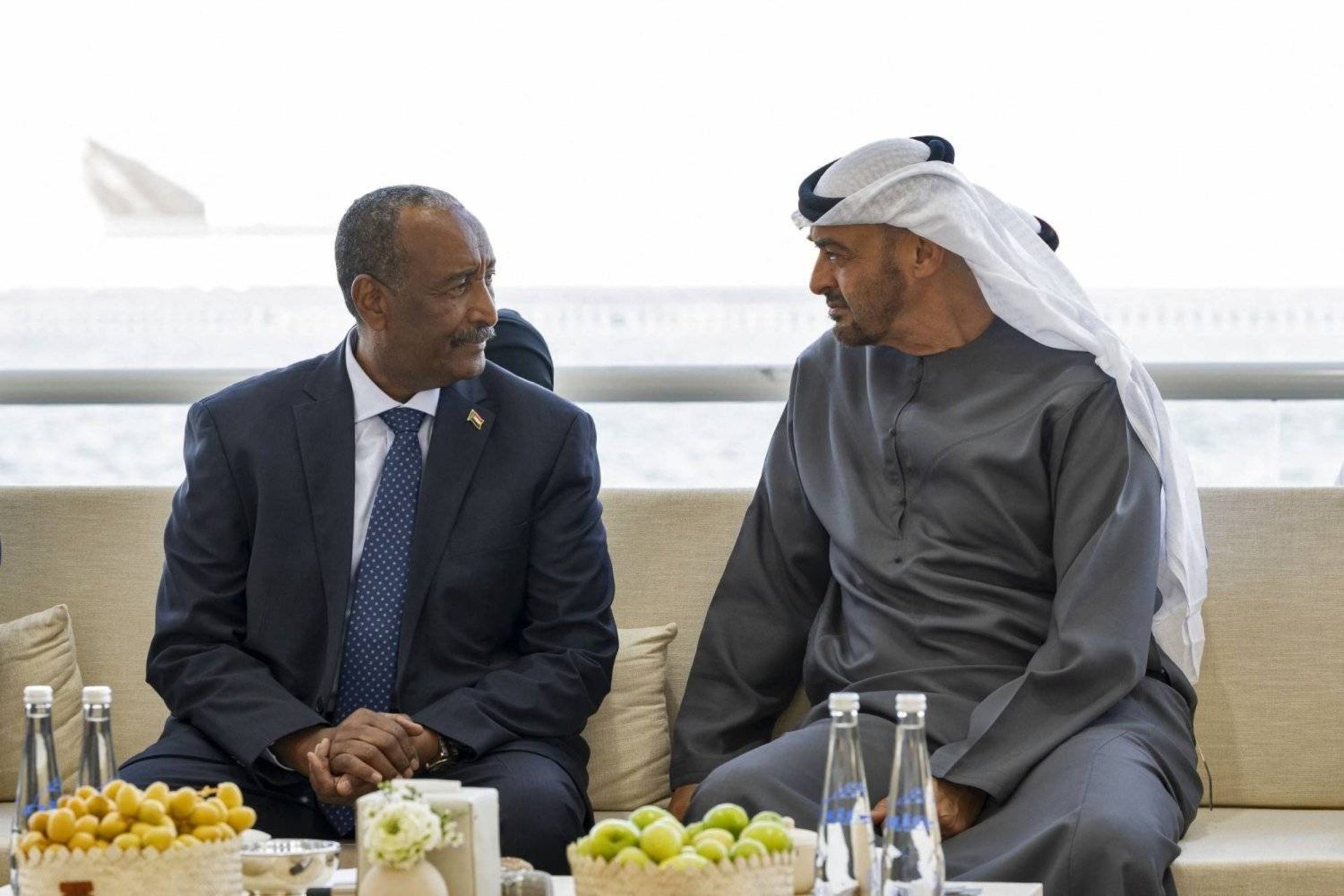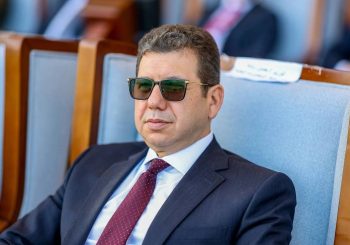The United Arab Emirates (UAE) announced on 30 September that its ambassador’s residence in Khartoum, Sudan was “targeted” by a Sudanese army aircraft.
The nation condemned the “heinous attack” which caused significant damage to the building, according to the UAE Ministry of Foreign Affairs’ press release.
The ministry demanded in the press release that the Sudanese army “fully assume responsibility for this cowardly act,” and declared its intention to file a formal complaint with the Arab League, the African Union, and the United Nations, denouncing the assault by the Sudanese Armed Forces as a blatant violation of the fundamental principle of the inviolability of diplomatic premises.
The ministry expressed its criticism of “these criminal acts and its consistent rejection of all forms of violence and terrorism that aim to destabilize security and stability and are contrary to international law,” according to the statement.
The statement further emphasized the importance of safeguarding diplomatic buildings and the premises of embassy personnel, in line with the norms and treaties that govern and regulate diplomatic operations.
Tensions between Sudan and the United Arab Emirates deepened in June after Sudan’s representative, Al-Harith Idris, accused the UAE of supplying weapons to the Rapid Support Forces (RSF) militias through Chad.
In response, the UAE’s representative rejected the accusations, labeling them as “false allegations” intended to “distract from the serious violations occurring on the ground.” He underscored that “there will be no victory or military solution to the conflict in Sudan,” stressing that negotiations remain the only viable path to resolution.
The conflict between the Sudanese army and the paramilitary RSF began in April 2023. Around 25 million people, marking half of Sudan’s population, need aid, with nearly eight million displaced and at least 150,000 killed in the violence, according to the United Nations.







Comments (0)